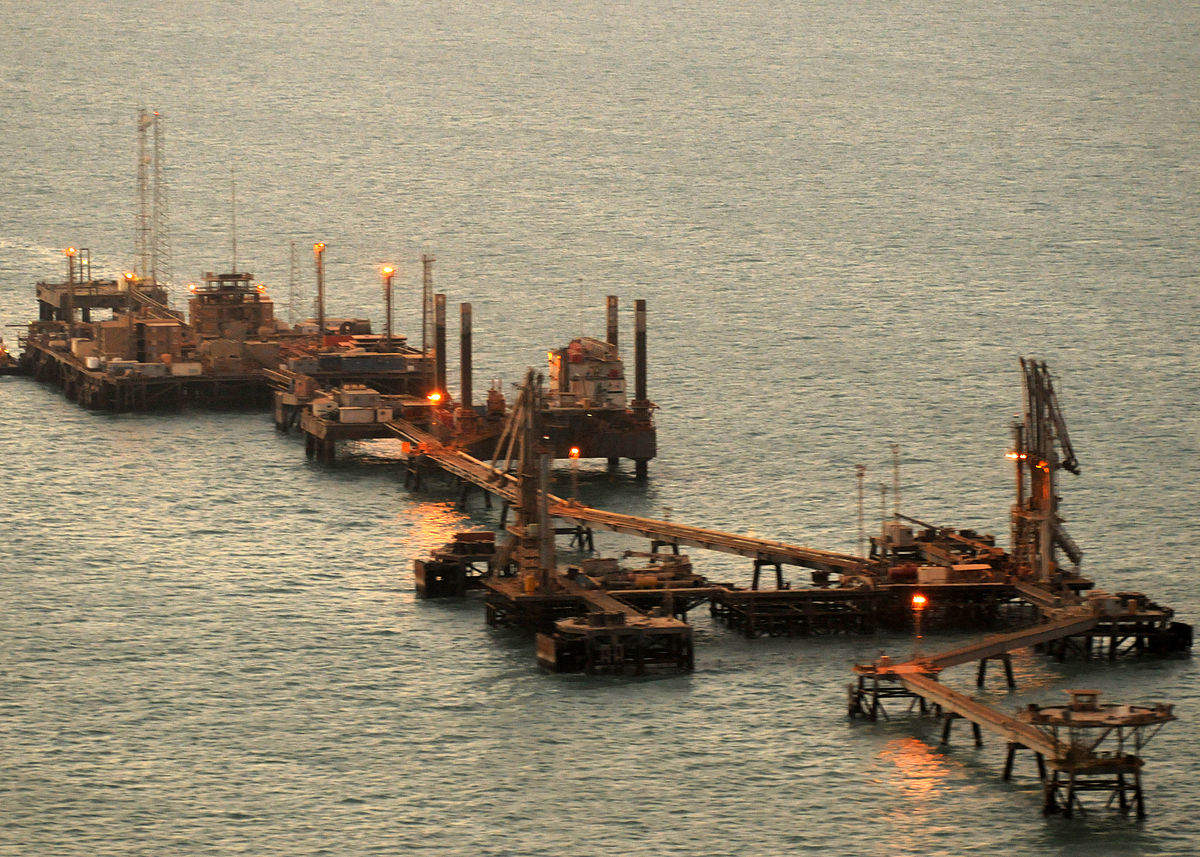In the absence of a federal hydrocarbons law (the passage of a stalled hydrocarbons law, whose first draft dates back to 2006, is unlikely over the short-term), Iraq will continue to have two different oil and gas frameworks. The one used by the federal government is based on service contracts, while the one used by the Kurdistan Regional Government (KRG) is based on Production Sharing Agreements (PSAs). This dual system has become the status quo. Recently, discussions concerning whether to revert to a single oil and gas contractual framework have been postponed first as a result of Iraq’s general elections in May 2018 and then as a result of the difficulty in naming a new prime minister, who was entrusted only at the beginning of October 2018. So, for the foreseeable future in Iraq two types of petroleum frameworks will continue to coexist.
The limited level of participation in the fifth licensing round suggests that the new contract model may require further changes to attract significant investments. In April 2018, Iraq’s fifth licensing round was held on the basis of this new model version of service contracts. For the Iraqi government the new contracts offer a better protection when oil prices are low, force the licensee to reduce costs, have a 25% royalty, and are based on the sharing of net revenues after deducting the royalty. However, levels of state take are among the highest in the world and this explains why the fifth bid round obtained mixed results with only six blocks assigned out of 11 on offer and no major international oil companies among the winners. This new version of Iraq’s service contracts should be the one used for the future licensing rounds as well.
Recently, the Ministry of Oil has stated that in all new contracts with foreign oil and gas companies 85% of the workforce must be Iraqi. However, if the government wants to attract more investors especially in relation to the exploration blocks, it’s possible that it will be forced to improve some terms for the licensee. In fact, as a result of the tough oil terms of the previous four licensing rounds, in the last year, Anglo-Dutch Shell exited Iraq’s oil sector by divesting from its two oil investments in the country (a 45% stake in the Majnoon oil field and 19.6% stake in West Qurna 1 oil field).
Figure 1: Iraq regime flow chart – service contract (fifth round)

| Source: GlobalData Oil and Gas © GlobalData |
Figure 2: Iraq regime flow chart – production sharing contract

| Source: GlobalData Oil and Gas © GlobalData |

US Tariffs are shifting - will you react or anticipate?
Don’t let policy changes catch you off guard. Stay proactive with real-time data and expert analysis.
By GlobalData




